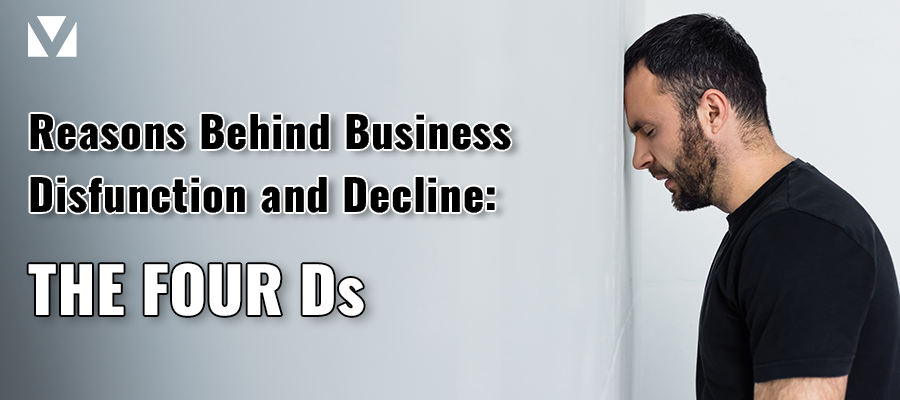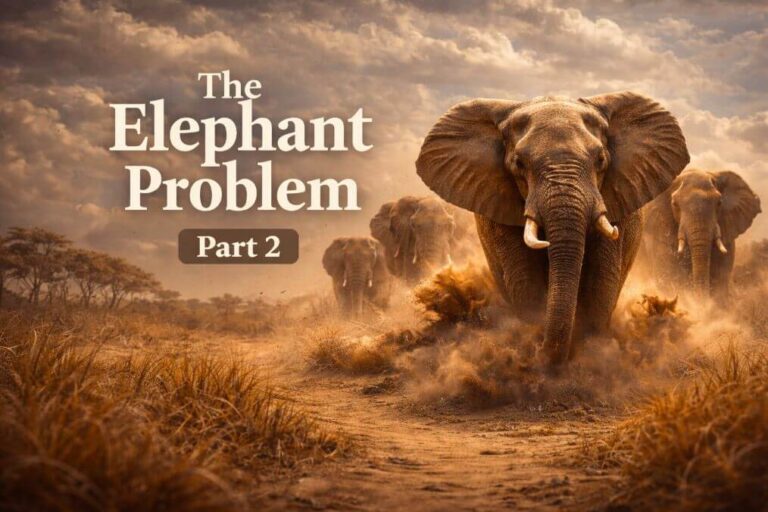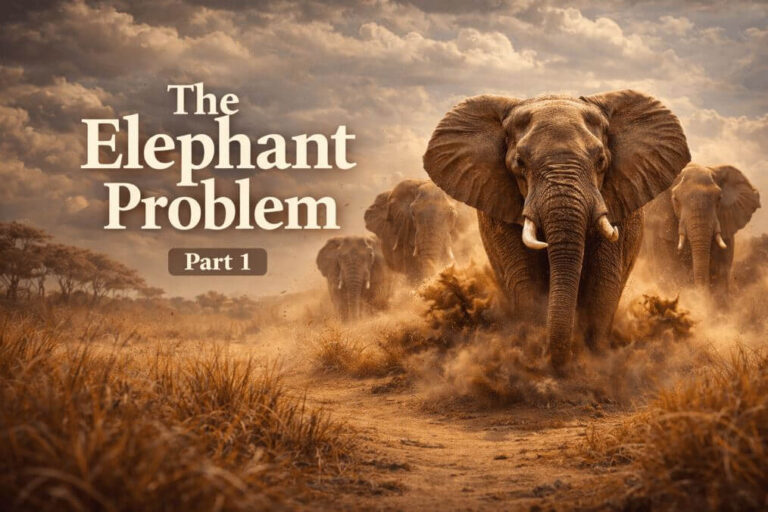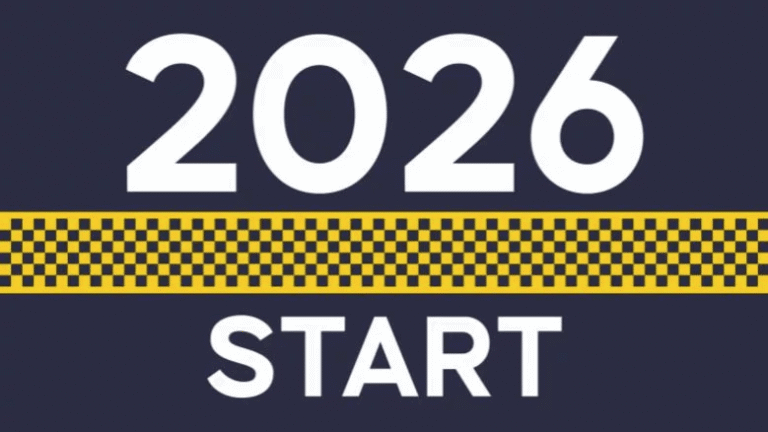The Four Ds, Part 1 – Originally written in 2013
The fundamentals of business are pretty straightforward: earn more than you spend, pay attention to changes in your market, surround yourself with people smarter than you are, and embrace change. Given that the basics of business are so simple, why is it that so many businesses struggle for survival, much less growth?
As I’ve written so often in the past, the reasons for business dysfunction or decline frequently have little to do with markets, the economy, technical expertise, or even the IQ of the owner. Most of us have witnessed companies that have thrived in spite of the absence of one or more of these factors. Instead, it often has to do with what is referred to as the four Ds: Death, Divorce, Disease/Disability, and Disagreement.
The untimely death of a business owner is emotionally traumatic and can easily cause organizational and financial upheaval. As advisors to business owners, there is little we can do to soften the emotional or financial impact other than helping them ahead of time to work on succession planning in order to ensure the continuance of the business. Disease and Disability are generally addressed in much the same manner. When it comes to Divorce and affairs of the heart, we usually recommend family or marriage counselors.
It’s the fourth D, Disagreements between owners, that continually present the prickliest situations. Unfortunately this D is the one we see play itself out all too often in companies run by smart, decent, hard working people. These are people who’ve sacrificed much and invested years of their lives to building a successful business.
Usually there are no clear cut good guys or bad guys in these disagreements, just different points of view. While it’s not uncommon for disagreements to arise in family owned businesses, they are by no means limited only to family enterprises.
Sometimes disagreements can go unrecognized for years, especially if they’re not causing arguments among the owners. They might exist simply as unstated differences about the direction in which the owners want the company to go. One owner might be perfectly satisfied with the size and pace of the company as it currently exists, while the other might have dreams of a much larger organization. But if the owners haven’t committed their dreams to writing (Vision, Business plan, etc.), each may assume the other has similar dreams. As a result they go about doing their own job in their own way, sometimes working at odds without even realizing they’re doing so.
These differences can become much more pronounced when different generations occupy leadership positions in a business, whether family or non-family. Younger members might be eager to make their mark by introducing new technology or more aggressive growth strategies while the older, sometimes founding generation is more comfortable and not as eager to embrace change or to risk taking the company in a new direction.
In Part II I’ll further examine some of the ways disagreements can develop within a business and suggest how they can be addressed.



